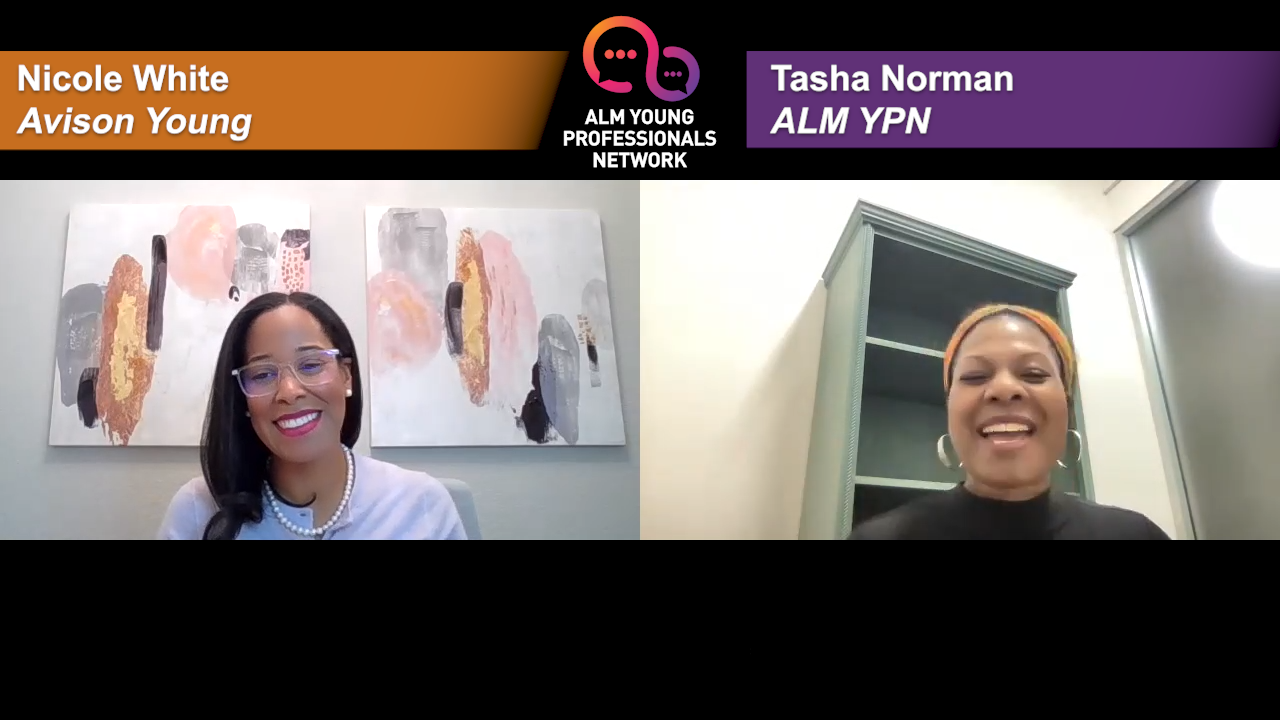SAN FRANCISCO—San Francisco is now facing a housing crisis that makes it the most expensive rental market in the nation. Yes, it is more expensive than New York, says Paula S. Crow, new partner at Sedgwick LLP.
In the last few years, San Francisco has limited the number of new residential units to about 1,500 per year and during this same time, Seattle has been building on average 3,000 units per year, Crow tells GlobeSt.com. “This has resulted in widespread displacement of anyone lucky enough to still have a middle class job let alone those folks working in the service industry,” she says. “These days if you can win the race to rent a backroom in a garage for $1800 a month you consider yourself lucky. Forget about affording a place to live with a family.”
Amplifying the housing crisis, Crow adds, is the failure of the region to make any significant investment in infrastructure in the last 50 years. “Transportation is the most urgent example of this.”
BART, the local “subway” system, which is really a suburban commuter train, she says, runs at capacity a large part of the day and only runs until midnight because its limited-sized track system and similar facilities make this early close down necessary to get maintenance done. “Parking, gas and bridge tolls could easily cost a commuter into San Francisco $25 per day,” she adds. “If driving into the Central Business District this cost would be more like $45 per day.”
This inability to get around at a reasonable price, Crow says, is restricting where and how people work. “San Francisco is a renowned foodie town. With the strong economy restaurants are again sprouting on every corner like mushrooms after a warm spring rain. The problem is that up and coming young chefs cannot afford to live in San Francisco nor drive from the East Bay, where housing is less expensive, to the jobs in San Francisco that would be most helpful to their careers.” And, on top of that, she says, BART doesn't run late enough to allow them to commute that way. “The result is that many restaurant jobs in the City remain unfilled.”
Finally, Crow notes, “the area has allowed its famed public university and college systems to degrade during the recession to the point that it threatens the region's economic competitiveness.”
According to Crow, “All of these supply-side challenges involve solutions that require policy changes, vision and, dare it be said, a willingness to spend some tax dollars to maintain not only real estate growth in San Francisco but the opportunity and vitality that has always been part of the Bay Area economy.”
Continue Reading for Free
Register and gain access to:
- Breaking commercial real estate news and analysis, on-site and via our newsletters and custom alerts
- Educational webcasts, white papers, and ebooks from industry thought leaders
- Critical coverage of the property casualty insurance and financial advisory markets on our other ALM sites, PropertyCasualty360 and ThinkAdvisor
Already have an account? Sign In Now
© 2024 ALM Global, LLC, All Rights Reserved. Request academic re-use from www.copyright.com. All other uses, submit a request to [email protected]. For more information visit Asset & Logo Licensing.








